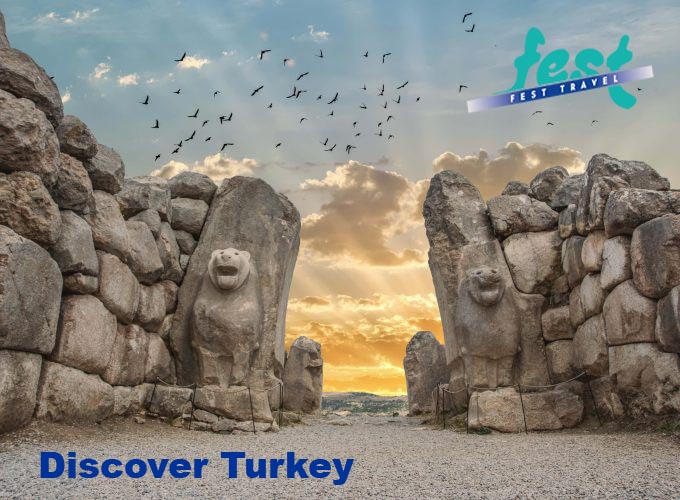Joobin Bekhrad’s moving tribute to Yaşar Kemal in Reorient magazine perfectly encapsulates the legacy the novelist left not only within Turkey’s literary history, but for storytelling in general. Bekhrad lovingly calls Kemal, who passed away last month, a ‘hero’. Writing the piece in his Toronto apartment, Bekhrad is surrounded by Kemal’s books, each one, he tells us, corresponding to a particular episode in his life. Kemal was such an influence on Bekhrad that the younger writer takes cues from him, and not only in matters of writing and reading, but also in ‘dreaming and loving’.
‘When I read the first lines of Memed, My Hawk, the first thing that struck me was not only the beauty of Kemal’s descriptions, but also the lyrical air of his writing. From cover to cover, it read like poetry,’ Bekhrad begins, before taking readers on a journey through some of Kemal’s best-known texts and what makes them so good – the rich characters, the detailed descriptions (for Bekhrad, ‘they were the very essence of Kemal’s writing, the raison d’être of his books’), the ‘honeyed prose’ and his unrivalled writing style. ‘Never was there an unnecessary sentence, nor was a word ever heedlessly tossed into his cauldron. Passages were terse where they needed to be, and drawn out as necessary. True, Kemal often sent me running to my dictionary; but it was never to look up some obfuscating, obsolete term that only wriggled its way into academic exegeses.’
Perhaps what is most riveting about Bekhrad’s tribute is the heed he pays to how Kemal described his birthplace, Çukurova, ‘a sultry, bewitching land brimming with Turks, Kurds, Armenians, Circassians, and other neighbouring peoples, who, although found themselves as part of a progressive and “modern” Turkish Republic in 1923…still very much belonged to the past.’
It was precisely because Turkey’s greatest novelist practiced the golden rule of writing – write what you know – that the Çukurova on his pages came alive in readers’ imaginations. ‘Kemal described the plight of villagers as they picked bolls of cotton under the beating sun, and how they’d later drink raki and dance the halay; the lay of lovers within thickets of grass, far from watching eyes; the passion and fear of thrusting a rusty blade through the back of a cruel muhtar, and the cry of a minstrel recounting heroic exploits with a saz’. So detailed, so vivid, so authentic was his narrative, ‘Kemal simply couldn’t make it up,’ writes Bekhrad.
Bekhrad ends his eulogy by highlighting Kemal’s importance as a storyteller and why he is firmly cemented in literature as one of the greats. ‘No authors today speak to me as he did... They write stories, but aren’t storytellers. They win prizes, but don’t move me. I’ve always looked up to giants like Kemal, for whom the “destination” was never the issue at hand; the feelings were, the emotions, the ambience, the experience… Yashar Kemal reminded me of the beauty – and importance – of language and storytelling, and of the significance of authenticity.’
Click here to read the full article.
Yaşar Kemal’s ‘The Undying Grass’ is now available from the Cornucopia store. In Cornucopia 15, Maureen Freely reviews his 1997 novel, ‘Salman the solitary’. And in the upcoming Cornucopia 52, we have more on this unparalleled Turkish treasure.
Main image shows Yaşar Kemal in the cotton-growing Çukurova plain. Courtesy of Reorient magazine.











